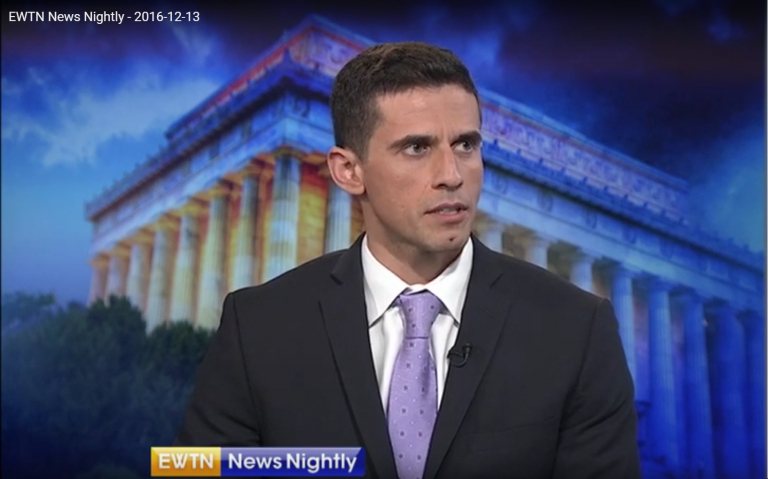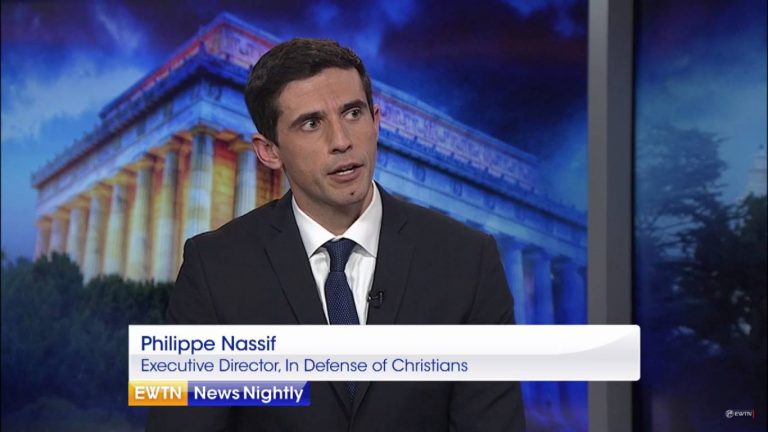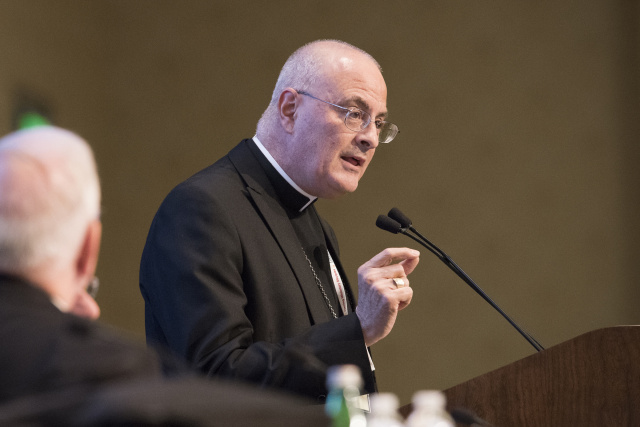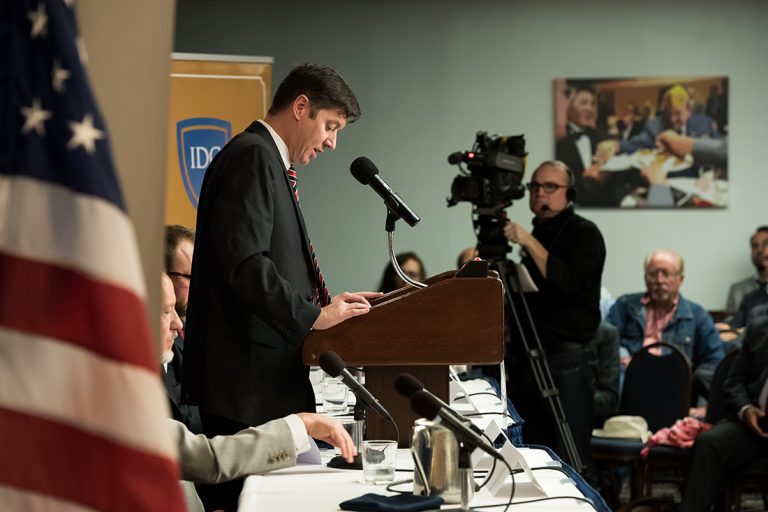Bashar al-Assad, the Syrian dictator responsible his nation’s unraveling and the destruction of such an ancient and religiously diverse land, is central to the most tragic tale of the modern Middle East. His recent decision to once again deploy chemical weapons against a defenseless civilian population that his forces had already starved, diseased, and besieged is not only immoral, but a war crime that must be punished.
The tyrant of Damascus is an abomination of humanity. He is now fully engaged in ethnic cleansing and destruction that will further destabilize his already war-shattered country, threaten the state of Israel, and cause Lebanon and perhaps even Jordan to collapse under the strain of millions of refugees, mostly Sunni Muslims who have been driven from their country.
Assad’s cleverly crafted narrative has for years gained acceptance from some DC policymakers, religious freedom communities, and Christian activists that my organization, In Defense of Christians, operates among. That is, he portrays himself as the protector of Syria’s Christians and other religious minorities, such as the Druzes, Yezidis, and his own Alawites, to name a few. In the face of the Islamic State scourge and many other Islamist rebels who despise Christians and other minorities, Assad was right. Christians were better off living in government-controlled areas and have stuck by, reluctantly, to his regime. But the narrative has quickly crumbled the last two years as the world has learned about the Syrian government crushing dissent and accepting tens of thousands of Shia mercenaries from places like Pakistan and Afghanistan, along with Lebanon’s Hezbollah and Iranian military forces, to fight for his regime.
Christians have grown increasingly alarmed at these foreign forces’ presence throughout the country. As the war grinds on into its seventh year and the economy buckles under the conflict’s devastation, Christians are starting to leave Syria for good. Although no official numbers are available, Syrian Christians may now represent less than 3 percent of the population, down from a high of 7 percent eight years ago. Their elimination would be devastating for Christianity in the region. But that is exactly what is happening, and Bashar al-Assad is partly to blame.
The latest gas attack—now added to a list of the regime’s other crimes against humanity, such as those at Sednaya Prison, where over 11,000 people have been executed—has prompted the international community to respond. A robust response from a United States-led coalition against Assad would be welcomed news in a conflict that shows no signs of ending. While maintaining our national security objectives of preventing the conflict’s enlargement into Lebanon and Jordan and limiting Iran’s presence in Syria, a military response would reassert America’s leverage and force Assad to negotiate and eventually transition out of power. It would also protect de facto safe zones in southern and northeastern Syria, where American troops are present. The US campaign to confront Assad would have risks, but the even greater risk is further inaction.
Syrian Christians now face a grim dilemma: Should they abandon Assad completely if a potential military campaign brings him to his knees? The regime has exploited Christians for years. Assad effectively handed the country’s security to Shia militias that in Iraq showed little regard for allowing Christians to return home after the genocide there. Those militias are repeating the same practices in Syria. Moreover, Assad’s immoral oppression against all who oppose him, Christian or Muslim, should spur Christians to distance themselves, perhaps permanently, from the regime. Instead, they should work to rehabilitate their communities and participate in a post-Assad Syria, however that may develop.
This is not an easy question to answer, but the reality is that, in five years, no Christians may be left in the country. So, if a change is to be made, now is the time.







